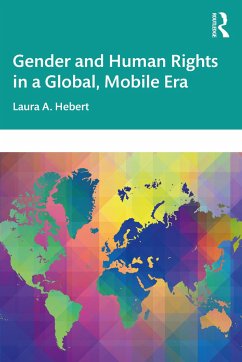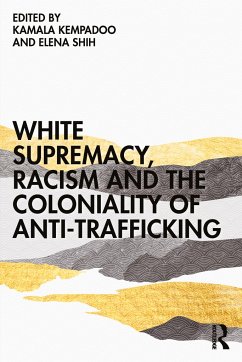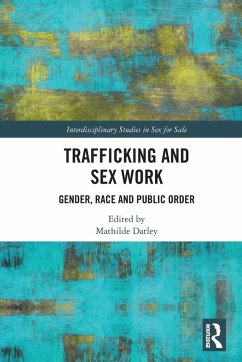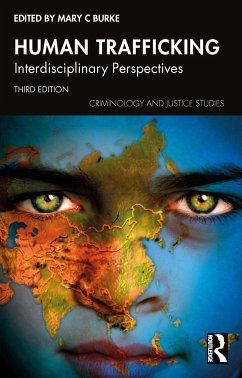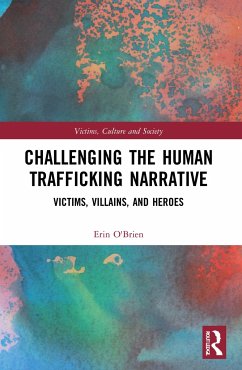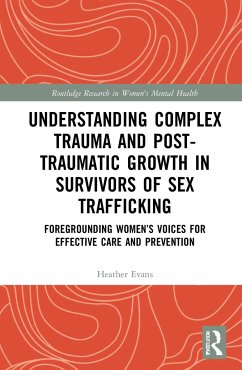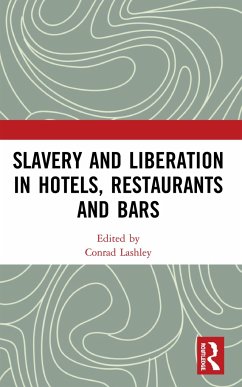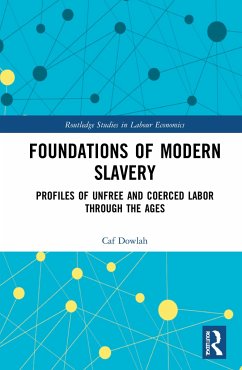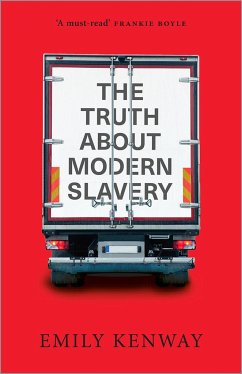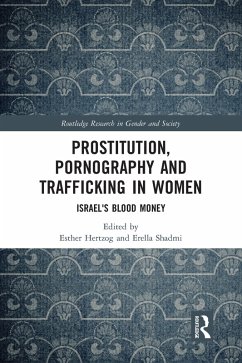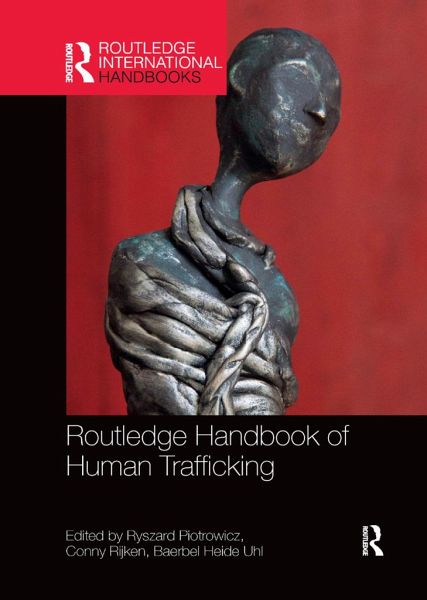
Routledge Handbook of Human Trafficking
Versandkostenfrei!
Versandfertig in 6-10 Tagen
53,99 €
inkl. MwSt.

PAYBACK Punkte
27 °P sammeln!
Trafficking in human beings (THB) has been described as modern slavery. It is a serious criminal activity that has significant ramifications for the human rights of the victims. It poses major challenges to the state, society and individual victims. THB is not a static given but a constantly changing concept depending on societal changes and opinions, economic situations and legal developments. THB occurs both transnationally and within countries. The complexity of THB is such that it requires a wide range of expertise fully to address the phenomenon.Edited by a team of leading international a...
Trafficking in human beings (THB) has been described as modern slavery. It is a serious criminal activity that has significant ramifications for the human rights of the victims. It poses major challenges to the state, society and individual victims. THB is not a static given but a constantly changing concept depending on societal changes and opinions, economic situations and legal developments. THB occurs both transnationally and within countries. The complexity of THB is such that it requires a wide range of expertise fully to address the phenomenon.
Edited by a team of leading international academics, the Routledge Handbook of Human Trafficking will provide an interdisciplinary introduction to THB. It is aimed at academics, students, research universities and non-governmental organisations, as well as policy makers. It will review THB through the lens of law, anthropology, social and political science and will address statistical, data protection issues and showcase the most effective research methods, analyse the various actors and stakeholders and the different types of exploitation of trafficked persons. It will critically highlight and analyse the most pressing current challenges posed by THB.
Edited by a team of leading international academics, the Routledge Handbook of Human Trafficking will provide an interdisciplinary introduction to THB. It is aimed at academics, students, research universities and non-governmental organisations, as well as policy makers. It will review THB through the lens of law, anthropology, social and political science and will address statistical, data protection issues and showcase the most effective research methods, analyse the various actors and stakeholders and the different types of exploitation of trafficked persons. It will critically highlight and analyse the most pressing current challenges posed by THB.





